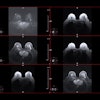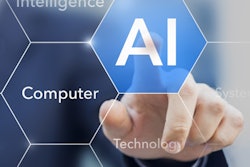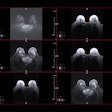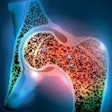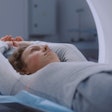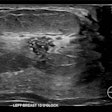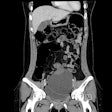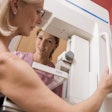Dear Women's Imaging Insider,
Artificial intelligence (AI) continues to generate attention and interest in women's imaging. An important new French study has found that AI performed almost as well as senior radiologists for evaluating breast density and five-year breast cancer risks.
The AI-powered software utilized new developments in machine learning, helping it to outperform older algorithms for breast density characterization. But the program still has drawbacks -- including that it is currently limited to use with digital mammography. Read more in our news report.
This isn't the only story in the Women's Imaging Community to evaluate AI for mammography. A pair of presentations at the recent virtual ECR 2020 found that AI-based software can potentially decrease mammography reading workload by more than half -- and do so without negatively impacting cancer detection.
Micro-CT is another technique starting to prove its diagnostic value. Dutch researchers have used it to shine a light on ectopic pregnancy.
Meanwhile, ultrasound is proving to be an effective and safe modality when it comes to evaluating masses identified on screening digital breast tomosynthesis, according to research published in the European Journal of Radiology.
In other news, a shorter MRI scan showed comparable performance to the full program in a systematic analysis presented at the recent International Society for Magnetic Resonance in Medicine annual meeting. The investigation, which included 13 studies with more than 4,000 patients, showed abbreviated MRI's strength for diagnostic imaging.
Finally, the findings of a large, randomized breast screening trial in the U.K. suggest that earlier breast screening may reduce breast cancer deaths. Women who participated in annual screening before age 50 had a 25% lower relative risk of dying from breast cancer. However, that benefit faded once the women aged into the traditional National Health Service screening program.
I'd like to hear about your own experiences with AI-powered programs. Have you used AI in your own practice? Do these types of programs reduce your workload?




